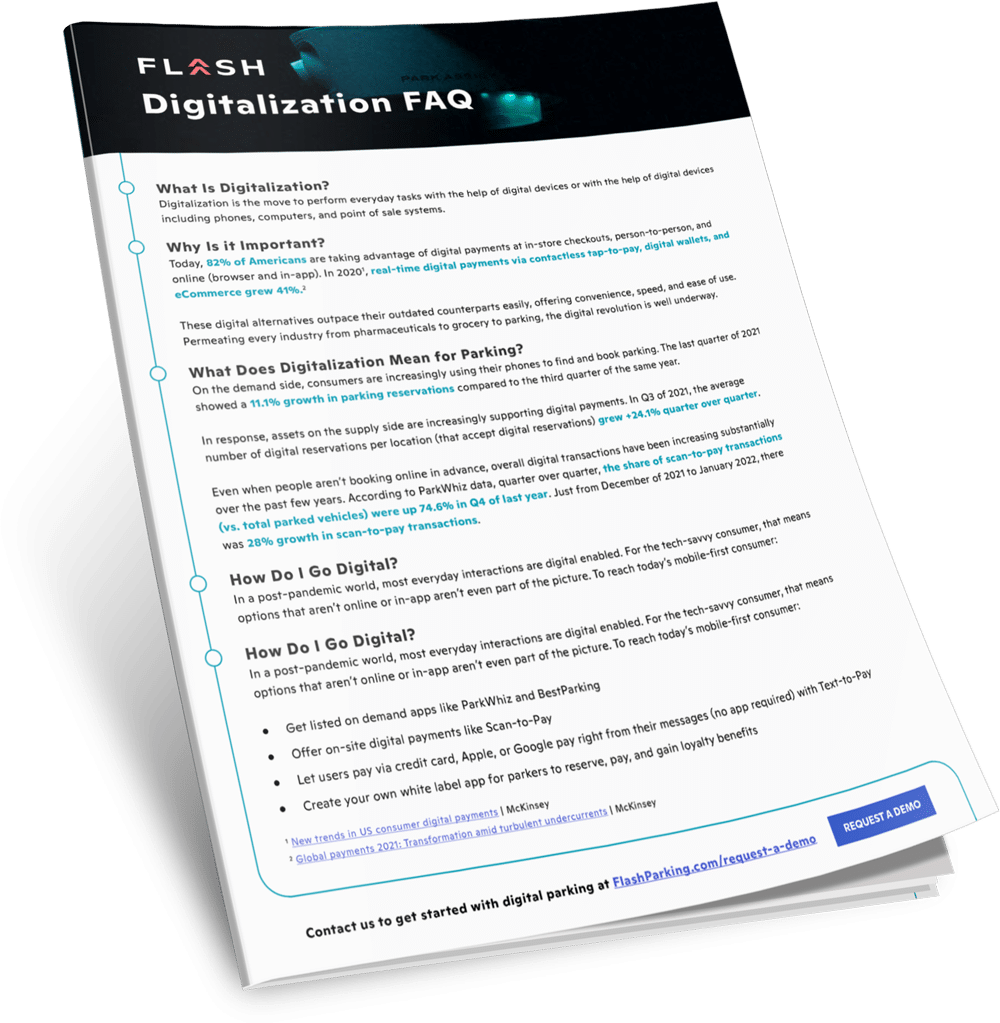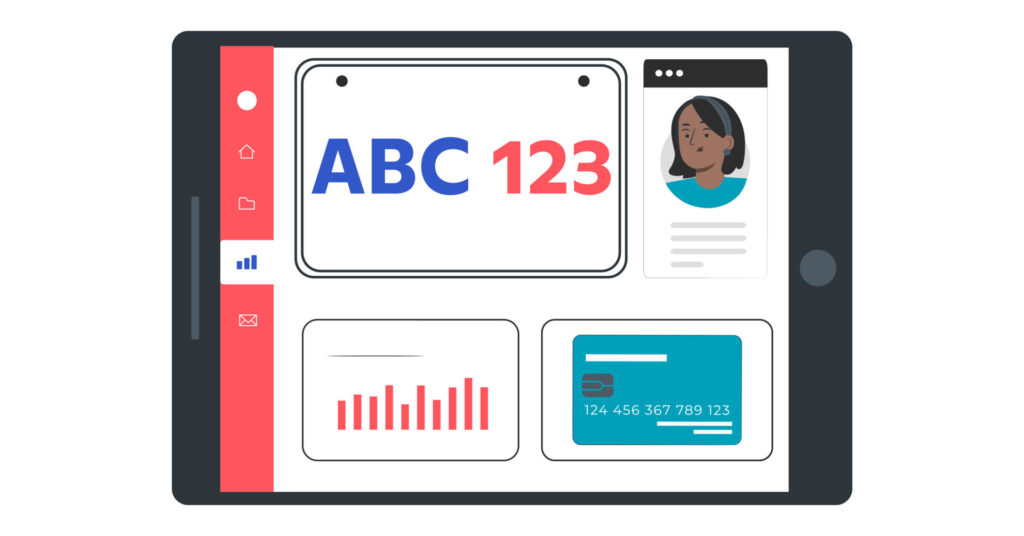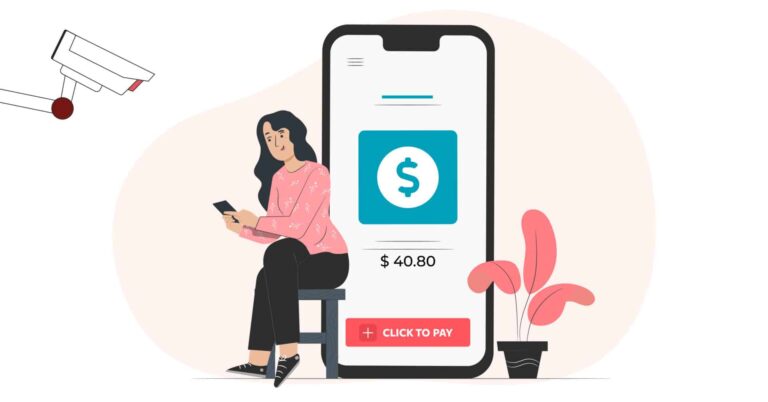As digital payments and automated enforcement become the norm in parking, some technology providers are gaining valuable access to your customers, their vehicles, and their payment information. This data is imperative to creating long-lasting customer relationships – and has to be handled carefully.
Because parkers have so many more choices when it comes to how, where, and when they park, understanding individual parkers’ habits and preferences is key to building loyalty. And if your technology partner owns that relationship, you’re losing out on opportunities to grow and maintain your customer base.
Payment-First Systems

In an automatic-payment-focused system, the goal is to get users to sign up for automatic payments so that any time they park – at any location, not just yours – their license plate is matched to a credit card in the system.
It’s an effective way to make sure someone doesn’t pay once and not the next. But your customer has suddenly become their customer.
The goal of the whole operation is to get individual customer-level data into the technology partner’s data.
Enforcement-First Systems

In a system that focuses on enforcement, validating credentials is the first step. Basically, confirming whether or not a driver and car have permission to be there. If after the entry grace period someone hasn’t paid (using a digital or hardware solution), used a monthly parking credential, or signed up to pay automatically – then the operation moves to enforce some form of payment.
At FLASH, we offer a few ways of doing this, either through manual or automated processes. Other providers will most often offer just one.
Manual and Automated Enforcement

For smaller locations or those with a unique layout, manual handheld enforcement is the most cost-effective way to enforce payment for parkers. An on-site staff member will walk around the lot and either scan license plates or manually denote the presence of tickets, hang tags, or stickers.
Using license plate recognition (LPR) cameras has become a popular choice for automating the enforcement process. Stationed at each entry and exit, LPR cameras capture license plate information and calculate the duration of the parking period. If a vehicle does not have permission to park the entire time of their stay, a violation is recorded in the system. The violaiton notice will then be sent to the user via email, text message, or letter. Great high turnover locations allowing for low user intervention and reduced management costs, automated LPR cameras can be effective on their own or in conjunction with other parking management tools depending on individual site-level needs.
For locations with time zones, multiple lots, many entrances and exits, or the need for frequent inventorying, vehicles can be equipped with a camera to create a mobile LPR enforcement solution.

How to Know If Your Technology Provider Trying to Steal Your Customers?

1 – Whose branding is more prominent? If your technology partner insists on branding the experience with their logo, color scheme, and apps – who will the customer remember?
Instead, look for a partner that offers white label portals, apps – even equipment.
2 – Is the technology asking customers to sign up long-term from the start? If a one-time digital payment means signing up for automatic payments forever, your customer has just become a lifelong customer of the technology – but not necessarily of your parking asset.
3 – Are they also a parking operator? If a parking operator group is the founder of or heavily invested in a parking technology, their intentions may not exclusively be supporting your operations payment and enforcement.
Here at FLASH, we are committed to helping our customers better serve their customers. We make tools designed to empower you and help you propel your business forward in the changing mobility ecosystem.
Curious how our robust enforcement toolkit keeps asset owners and operators in total control while creating lasting customer value?
Learn more about FLASH enforcement solutions.

